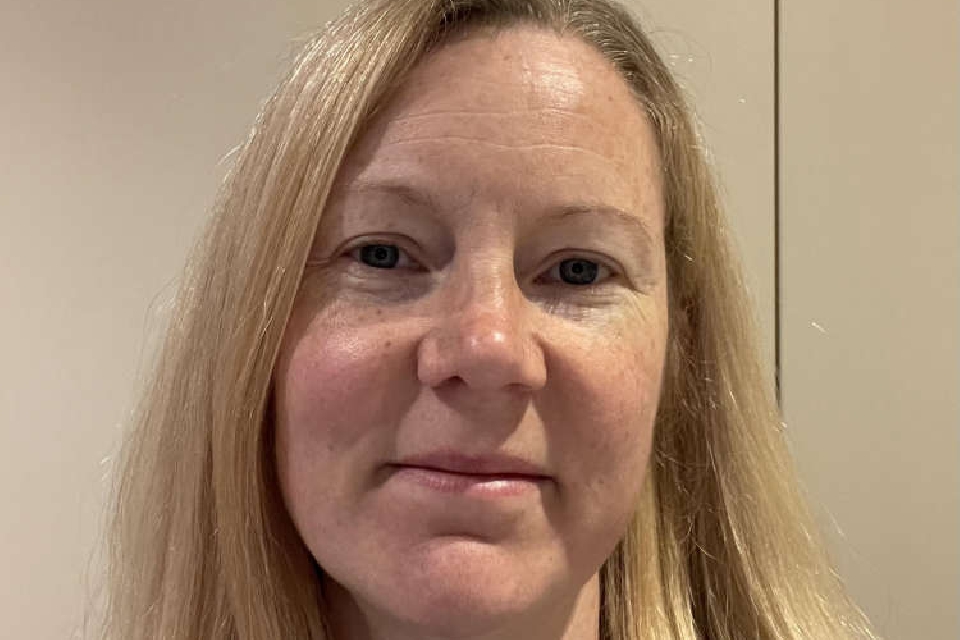
A Buckinghamshire mother has urged people to sign up to a UK-wide health and care research registry after joining a trial following a shock bowel cancer diagnosis.
Heather Breed, 48, is calling on others to register with the Be Part of Research registry, run by the National Institute for Health and Care Research (NIHR). This free online service matches people to suitable studies based on their interests, location and demographic data, such as age, sex and ethnic group.
More than half a million people across the UK, including more than 4,600 in Buckinghamshire, have already registered. More than 90,000 joined over 100 studies after being contacted through the service. The campaign, which launched this week (16 June), aims to raise the number of registrations to 2 million people.
The call for more people to sign up comes as new figures reveal that more than 3,000 participants took part in 101 research studies in Buckinghamshire that were supported by the NIHR in the 12 months from 1 April 2024.
After experiencing persistent stomach pains and anaemia in 2019, Heather was referred for a colonoscopy by her GP, which led to a diagnosis of stage 2 bowel cancer.
Heather, who lives near Princes Risborough, said: "I wasn't expecting a bowel cancer diagnosis at all. I was only 42 at the time. I'm also a vegetarian so I eat lots of vegetables, nuts and seeds and am relatively health-conscious. I was traumatised by the diagnosis, the surgery and everything I went through. Even though years have gone by, I still find it difficult to talk about."
Heather hadn't experienced the typical symptoms of bowel cancer, including blood in the stool or a change in bowel habits, because the cancer was situated high in the intestine.
"My first symptom was that I became anaemic. I had anaemia during pregnancy so I recognised that I felt unusually tired and weak. I also had bad tummy pains which the doctor initially put down to irritable bowel syndrome."
Heather had surgery to remove a third of her large bowel a month after her diagnosis.
"After I had recovered from the surgery, I found out that the cancer hadn't spread to my lymph nodes. At the time, I didn't fully appreciate how lucky I was that it hadn't spread and that they caught it early on."
After her recovery, Heather met with an oncologist who explained she was eligible to take part in University College London's Add-Aspirin research trial at Wycombe Hospital.
The study is investigating the effects of taking aspirin on the prevention of cancer returning in those who have previously had treatment for early-stage cancer. Participants take aspirin or placebo, to compare the 2.
Heather participated in the study for 5 years, taking 1 tablet a day. Researchers and participants do not know if they are taking the aspirin or placebo, to prevent bias. Heather also had blood tests and CT scans for the study, to monitor her health.
The study closed in July after recruiting more than 8,500 participants at more than 200 locations in the UK, Republic of Ireland and India. It recruited participants with breast, bowel, stomach, oesophagus, and prostate cancer.
She said, "When we discussed if I should sign-up, the study felt very low-risk to me, so I was happy to take part. I found taking part really easy. I took a tablet every day with my breakfast. Although I don't know if I was taking the drug or a placebo, I'm pleased to have regular CT scans and blood tests for cancer markers through the trial. When you have just recovered from a cancer diagnosis, it's reassuring to have extra contact with the research team."
Heather, said others should consider taking part in research: "Find out all the information and weigh it all up. Think about what's best for you and your family. Overall I have found the study a good, worthwhile experience to have extra checks and more follow-up appointments. If the study concludes that there is a reduction in recurring cancers, then that is really positive. I was discharged by my oncologist as I had been cancer free for 5 years."
Nicola Bowers, Head of Research & Innovation at Buckinghamshire Healthcare NHS Trust, said: "Our trust aims to redefine healthcare delivery through innovative models and cutting-edge research, ensuring seamless patient care transitions between hospital and home. A recent study we are proud to be involved in is the Genes and Health project. This is one of the largest community-based genetics studies, aiming to improve health among people of Pakistani and Bangladeshi heritage by analysing the genes and health of over 10,000 volunteers. Moving forward, our vision is to continue to enhance the quality of patient care and drive further growth and success within the trust, benefiting all residents within Buckinghamshire."
Martin Batty, Head of R&D at Oxford Health NHS Foundation Trust, which provides physical, mental health and social care in Buckinghamshire, said: "This figure highlights our ongoing efforts to expand our research capabilities and recruit more participants in vital clinical studies. Our continued effort in research participation is a testament to the hard work and dedication of our research teams, as well as the invaluable support from our community and partners."
People can sign up to be contacted about studies that are right for them by creating a free Be Part of Research account at bepartofresearch.uk. (external site)



 Football Club Marks One-Year Anniversary of Championing Men’s Mental Health
Football Club Marks One-Year Anniversary of Championing Men’s Mental Health
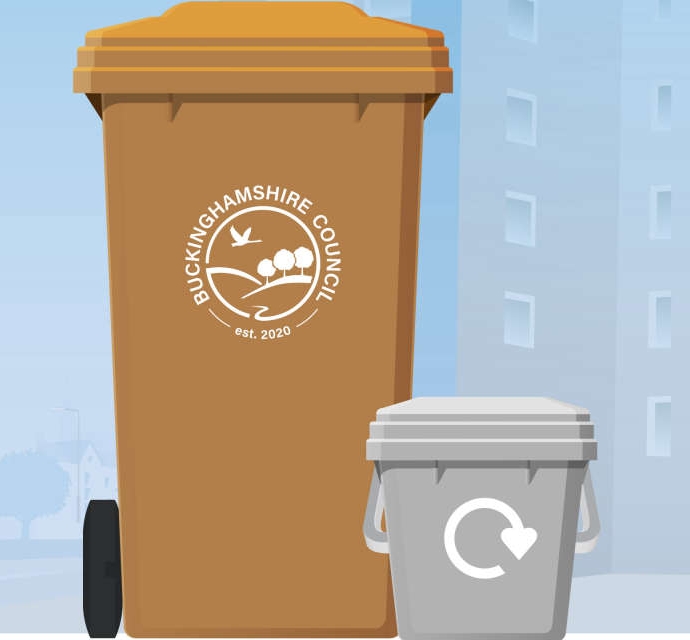 Food waste recycling expanding to flats in the south of Buckinghamshire
Food waste recycling expanding to flats in the south of Buckinghamshire
 Bucks Olympians going for gold in Italy
Bucks Olympians going for gold in Italy
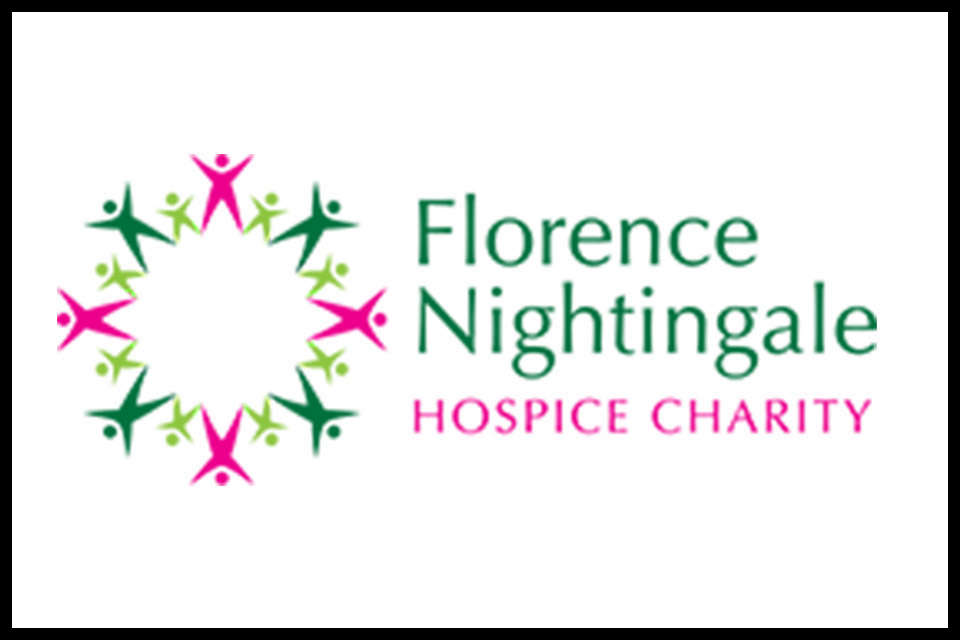 Bucks charity launches overnight Hospice at Home service
Bucks charity launches overnight Hospice at Home service
 New double yellows for street
New double yellows for street
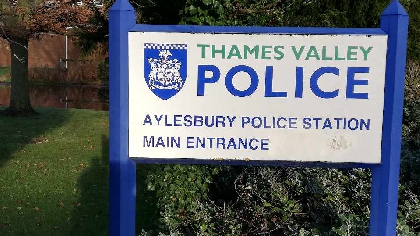 Amnesty for blank guns now classed as illegal
Amnesty for blank guns now classed as illegal
 Aylesbury Arm of canal re-opened
Aylesbury Arm of canal re-opened
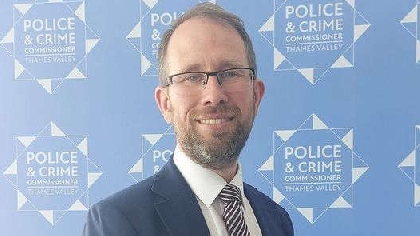 Bucks community groups eligible to benefit from £200,000 seized from criminals
Bucks community groups eligible to benefit from £200,000 seized from criminals











